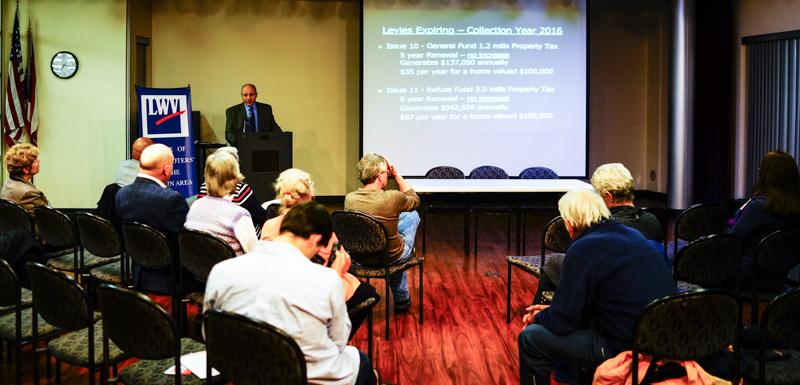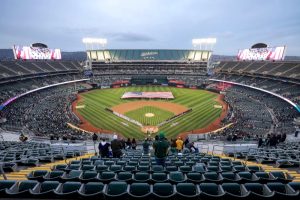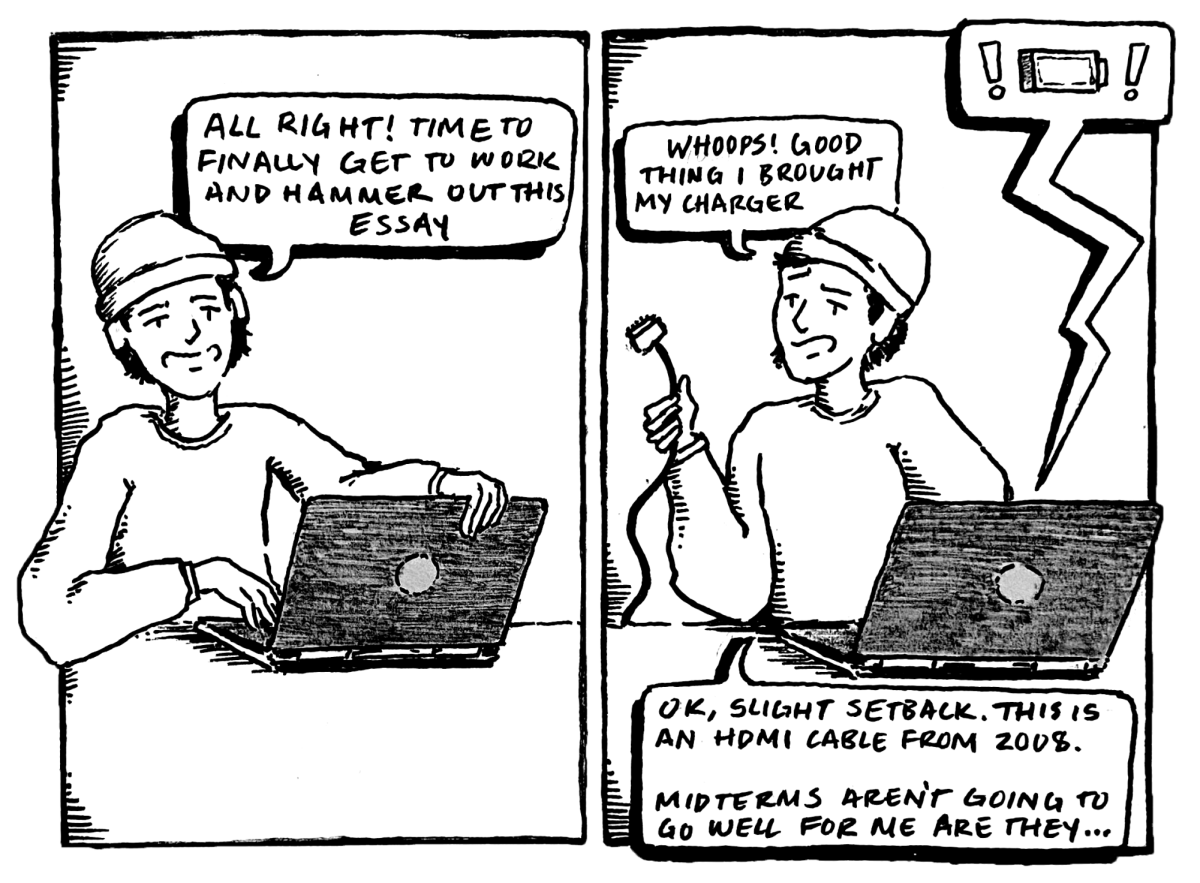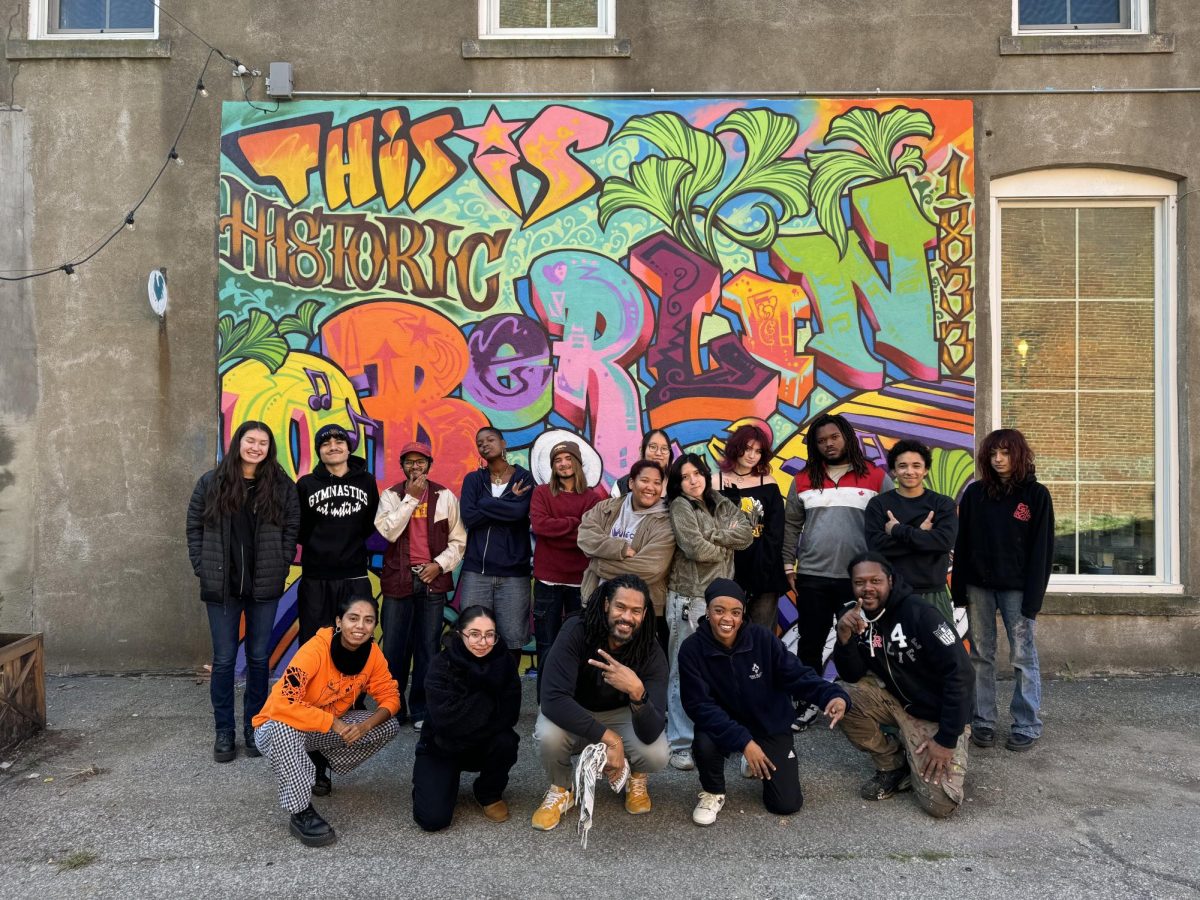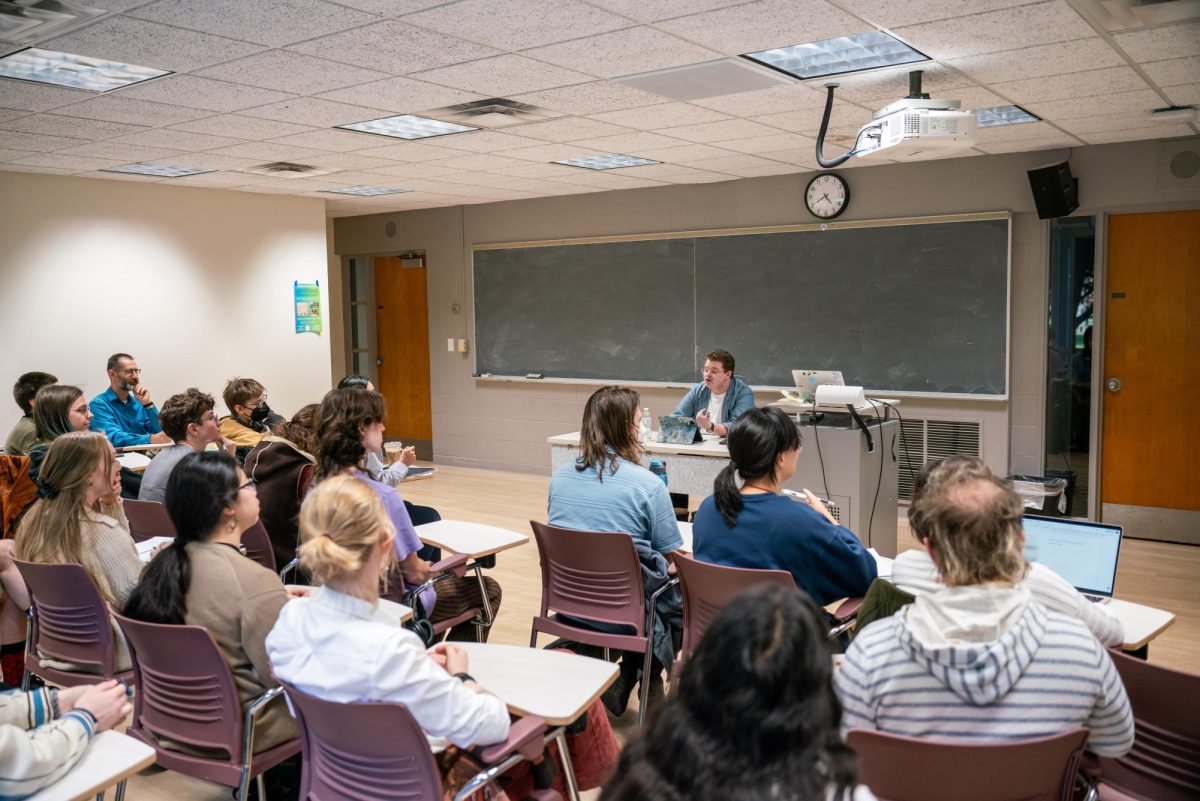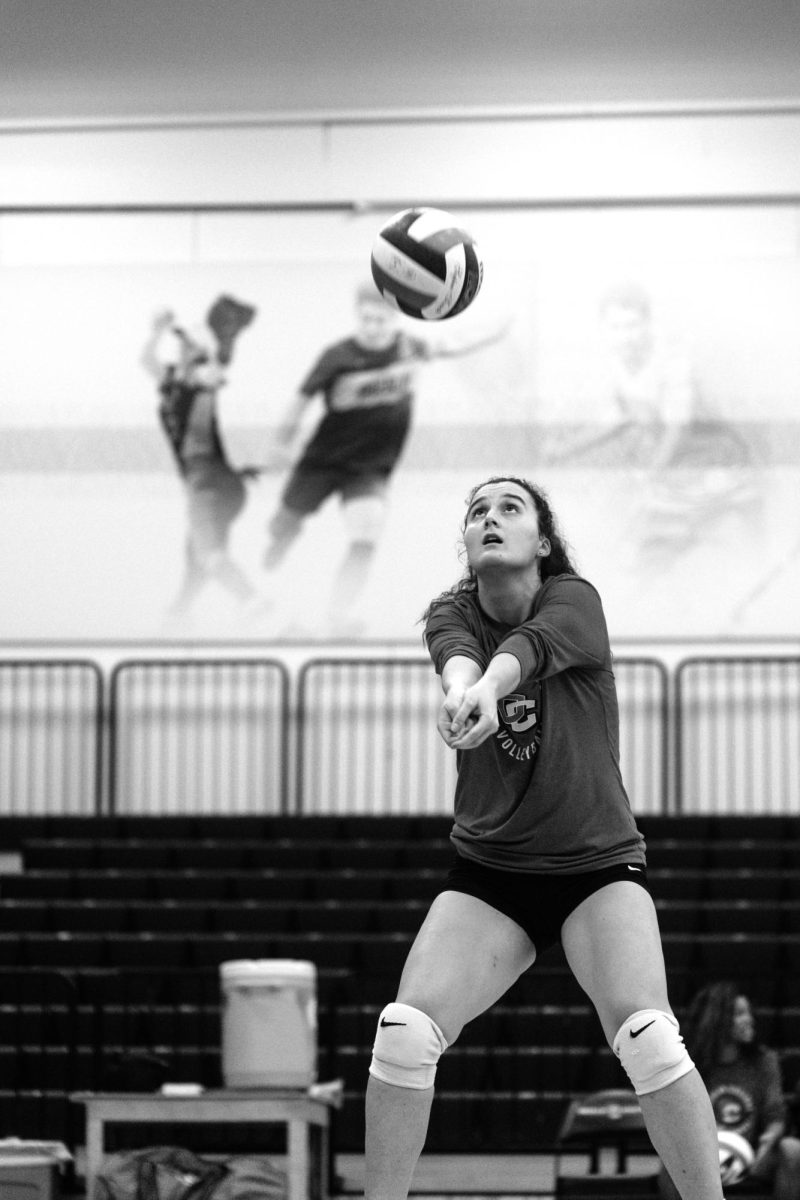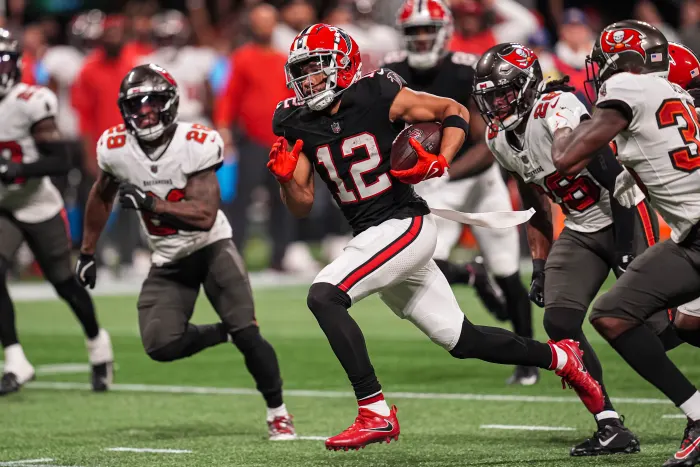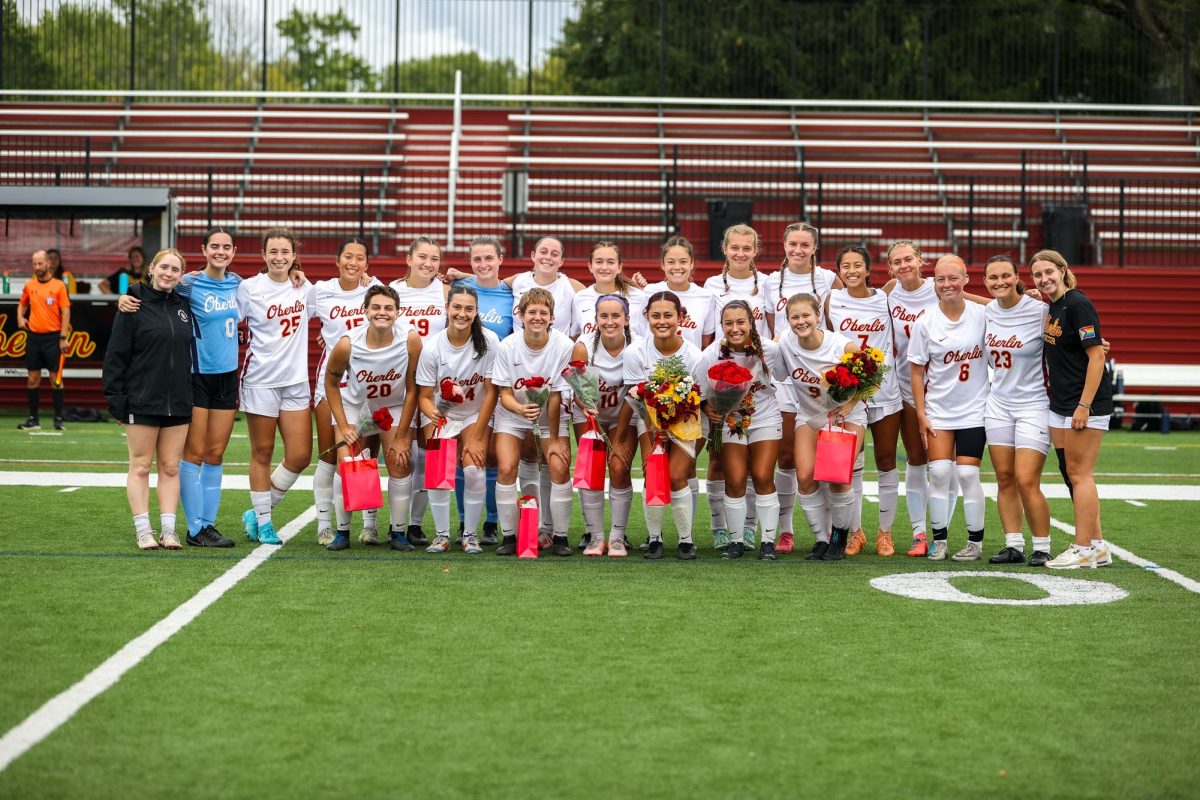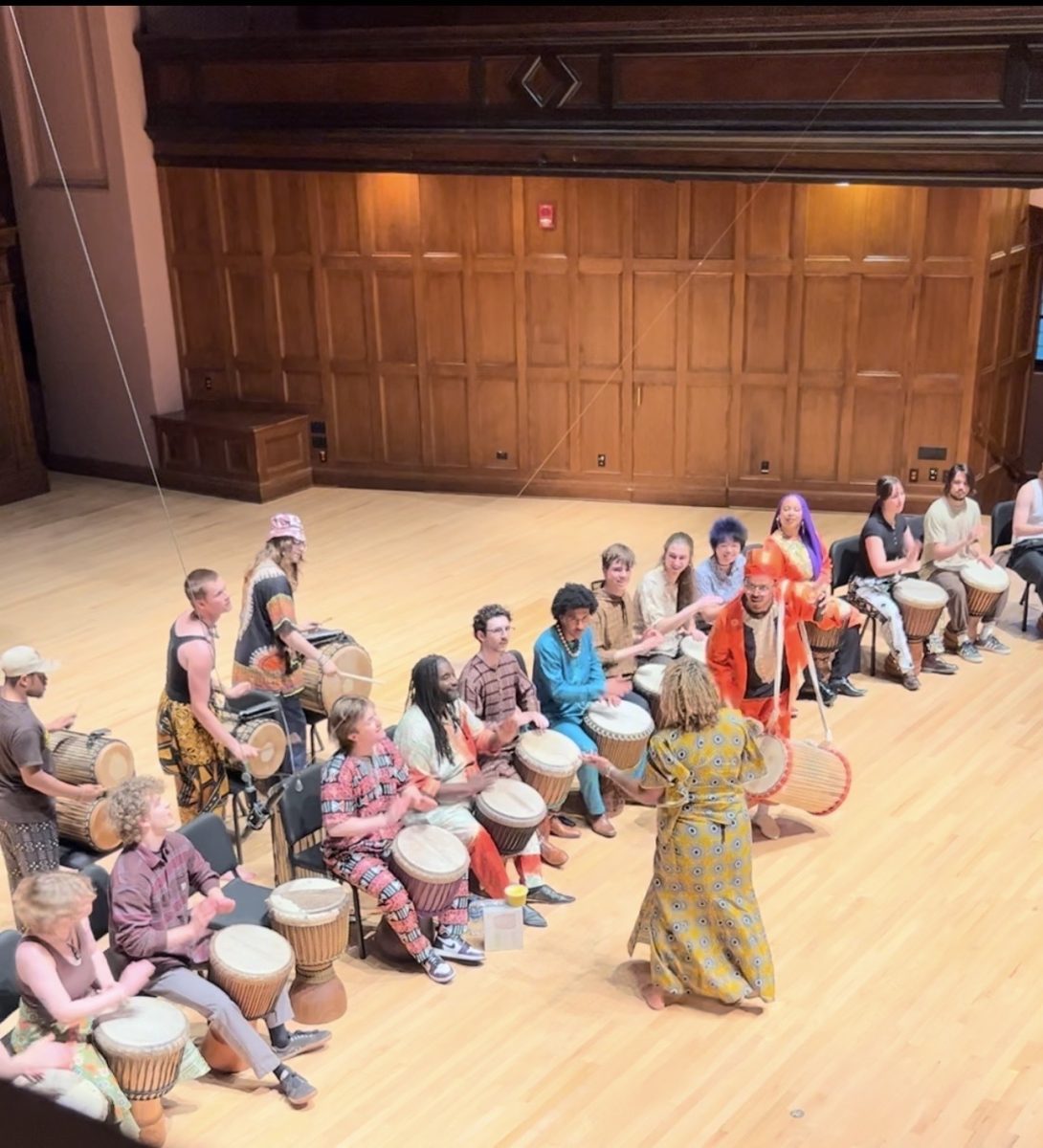Feature Photo: City, Library, Renewal Levies on March 15 Ballot
March 4, 2016
With Super Tuesday come and gone, it’s time for Ohioans to turn toward their own state’s primary on March 15. In addition to the presidential candidates, several levies will be on the ballot for renewal. The League of Women Voters of the Oberlin Area, a non-partisan voter mobilization organization, held a meeting Thursday at the Oberlin Public Library to discuss Issues 10, 11, 12, 25 and 26. If passed, these issues would all renew existing taxes for five years, though they would not add any new ones.
The slogan “No New Money” was blazoned across many of the PowerPoint slides used in the meeting to emphasize that taxpayers would not shoulder an additional burden.
Interim City Manager Sal Talarico spoke about Issues 10 and 11, which would renew the city’s general fund operating levy and the refuse and recycling levy, respectively. The general fund provides revenues for the police and fire departments, parks and recreation, public works and many more basic city functions. The refuse and recycling levy supports Oberlin’s garbage, lawn waste and recycling services. The passage of Issues 10 and 11 is key to maintaining the quality of life Oberlin residents currently enjoy, Talarico said.
Oberlin Public Library Board of Trustees President Mary Picken advocated for the approval of Issue 12, which would renew the library’s operating levy. The library’s annual budget is more than $1.2 million.
“Forty-eight percent of our budget comes from this levy,” Picken said. Without it, the library would have to cut funding to many of its essential services, such as The Bridge, the library’s popular community technology center.
Superintendent for Oberlin City Schools David Hall urged voters to support Issue 25, the operating renewal levy, and 26, the permanent improvement renewal levy. The Oberlin community first approved the school’s operating levy in 2012. Also known as the “emergency levy,” it accounts for 7 percent of the Oberlin School District’s operating budget, roughly $940,000 per year, and funds educational and athletic programs, school supplies, textbooks, districtwide busing and more, Hall said.
The permanent improvement levy generates just over $370,000 per year to finance building maintenance, repairs and any educational support materials with a five-year lifespan. It was originally passed in 1976 and helps the district pay for the schools’ roof repairs and electrical system updates.
“These levies have nothing to do with building a new school,” Hall said, reiterating that all of the issues discussed will renew and not create taxes.


